- Nightcrawler : No mention of Moses, FAKE NEWS. @Aevann please ban.
- HailVictory1776 : Yawn all history prior to Christ is irrelevant squabbles of tribalism
- Lil_B : /h/shit
- 50
- 127
In this history themed /h/marsey post, we'll take a tour through Egyptian history with the help of some relevant Capys. Cos Aevann's from Egypt geddit?
--
@Redactor0
This is very true lol so this post won't be anything more than a brief overview. The main point is that I thought it'd be fun to make some history themed Capys and use them to  -ify Egyptian history. Hopefully someone gets a kick out of this.
-ify Egyptian history. Hopefully someone gets a kick out of this.
People have lived within the boundaries of modern Egypt for at least a million years, with the earliest known cowtools dating back over 400,000 years and the earliest habitation sites around 100,000 years. Egypt served as something of a bridge for people crossing from Africa into Asia and vice versa, and many otherwise unrelated cultures would call part of it home throughout the long prehistoric period 
Regarding the early history of Egypt, if not that of all mankind, it's important to note that the Sahara was not always a hot desert as it is now. The region is believed to go through wet and dry periods over time and was at least once an extension of central Africa's grasslands and savannas. Nomadic peoples of the Late Paleolithic and Mesolithic could easily spread across Egypt without the difficulty of desert nomadism and the lands supported many lifestyles. Some cultures lived as hunter-gatherers while others herded grazing animals. Many passed in and out of Egypt without settling 
Several of Egypt's early agricultural cultures appeared along the Nile river and developed simple farming there. They lived on wild grains and endeavored to care for them, but did not necessarily plant the seeds in organized rows. The Qadan culture lived along the Nile for as long as 4,000 years and were notable for independently inventing sickles and grinding stones  However, these cowtools disappear after the culture fell and the people were replaced by hunters and fishers. Something to glean from this ancient history is that in Egypt and perhaps other places, humanity did not necessarily progress linearly from hunter-gathering to agricultural city building. Different lifestyles "took turns" before the Agricultural Revolution truly set in.
However, these cowtools disappear after the culture fell and the people were replaced by hunters and fishers. Something to glean from this ancient history is that in Egypt and perhaps other places, humanity did not necessarily progress linearly from hunter-gathering to agricultural city building. Different lifestyles "took turns" before the Agricultural Revolution truly set in.
(This was supposed to be something like "capymegalith" but grew to become sidebar worthy lol)
Other early cultures actually lived in what is now the desert, surviving off oases and river channels that no longer exist. One noteworthy site, Nabta Playa, was built around what was once a drainage basin as far back as 7500 BC. The area was inhabited into the 4th Millennium BC and gave rise to several stone structures, including what may have been one of the oldest archeoastronomical formations in the world as pictured above. Countless other megalithic structures to be found in the sand seas of the modern Sahara suggest how widespread fertile land in the region used to be.
Another relevant culture, the Harifian, are believed by some academics to have migrated out of Egypt and into the Levant where they merged with the Pre-Pottery Neolithic B culture. Some further believe they may have represented the original people to spread the Proto-Semitic language to the Middle East. Like the Indo-European languages, the Semitic family spread across a vast area and included East African and Canaanite languages alongside Egypt's modern tongue Arabic. Ancient Egyptian itself though is not Semitic in origin, a fact that further alludes to the variety of independent cultures that lived in the area.
The civilization we all know as ancient Egypt arguably owes its existence to the nature of the Sahara. As the desert grew and the surrounding lands became inhospitable, the peoples of Egypt were forced to either leave or retreat to the Nile and live as sedentary farmers. They built cities along the river valley, delta, and remaining oases and learned to use the river's seasonal flooding to water their crops. Sometimes referred to as the Proto-Dynastic or Dynasty Zero, this late Neolithic era birthed the modern Egyptian populace and identity. The people here spoke Egyptian, wrote in early hieroglyphics, worshipped the beginnings of Egypt's recognizable pantheon, and may have even practiced marsey veneration  This is also the latest period where the Egyptians developed their beer making -- a five thousand year old beer brewery was discovered in 2021, and the scale of the operation suggests regular beer brewing was well established by then.
This is also the latest period where the Egyptians developed their beer making -- a five thousand year old beer brewery was discovered in 2021, and the scale of the operation suggests regular beer brewing was well established by then.
According to mythology, the lands of Egypt were divided between the Upper and Lower Nile before being unified by the mythical King Menes, now believed by some historians to have been the same person as Upper Egyptian King Narmer. The pictured dual crown of Upper and Lower Egypt would become a symbol of the Pharaohs from then on.
Egypt's unity lead to the Dynastic Period, a gulf of time stretching thirty-three Pharaonic dynasties from Egypt's Old Kingdom to the end of the Greek Ptolemaic.
Egypt's Old Kingdom is more or less what people often picture when they think of ancient Egypt  This era saw the construction of many of Egypt's famous monuments including the pyramids of Giza
This era saw the construction of many of Egypt's famous monuments including the pyramids of Giza  and the Sphinx
and the Sphinx  The tourism it spawned helps to keep the economy going even thousands of years later.
The tourism it spawned helps to keep the economy going even thousands of years later.
The Old Kingdom gradually declined into anarchy and decentralization, the First Intermediate Period. Unity was restored by the Middle Kingdom, lasting from c. 2050 BC to c. 1650 BC. Middle Kingdom Pharaohs built their pyramids out of mud bricks instead of masonry with casings of limestone, so few of these pyramids have survived into the present. Statues became more and more common in this time, with the block statue design remaining popular well into Greek times.

As the Middle Kingdom declined into the Second Intermediate Period, classical Egyptian records claim the land was conquered by the Hyksos, the word itself coming from the Egyptian term for outsiders. A Semetic speaking people from the Levant, they are traditionally credited with introducing the chariot to the Egyptian people.
Egypt's New Kingdom began under the Eighteenth Dynasty when the Hyksos were driven entirely from the land, lasting from c. 1550 BC to c. 1069 BC. This dynasty included several notable Pharaohs. Akhenaten was infamous for trying to do away with Egypt's pantheon and force the worship of a sun god Aten 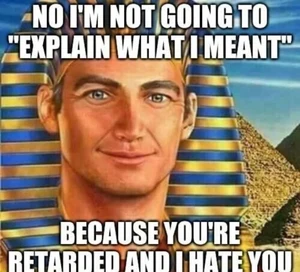 Some historians even credit him with establishing the oldest known monotheistic religion. His (probable) son Tutankhamun only lived to twenty years of age, but would retroactively become perhaps the most famous Pharaoh of all when his tomb was discovered in 1922. "King Tut's" tomb was unusually well preserved because the entrance had been buried and flooded over, whereas other Pharaonic tombs were robbed of their burial offerings long ago. On that note, New Kingdom Pharaohs didn't use pyramids as cemeteries and hid their tombs in sites like the Valley of Kings
Some historians even credit him with establishing the oldest known monotheistic religion. His (probable) son Tutankhamun only lived to twenty years of age, but would retroactively become perhaps the most famous Pharaoh of all when his tomb was discovered in 1922. "King Tut's" tomb was unusually well preserved because the entrance had been buried and flooded over, whereas other Pharaonic tombs were robbed of their burial offerings long ago. On that note, New Kingdom Pharaohs didn't use pyramids as cemeteries and hid their tombs in sites like the Valley of Kings 
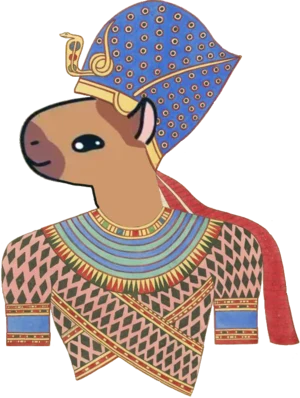
Ramses II, also known as Ramses the Great and Ozymandias, conquered much of the Levant, fathered between 80-100 children, and lived to be over 90  He is famous for fighting the Anatolia based Hittite Empire at the Battle of Kadesh, the first recorded battle where extensive details of tactics and formations are known and also the largest chariot battle with thousands of the things deployed at once. Its aftermath also led to the first known peace treaty between nations, and a copy of it hangs today on the wall of the United Nations headquarters.
He is famous for fighting the Anatolia based Hittite Empire at the Battle of Kadesh, the first recorded battle where extensive details of tactics and formations are known and also the largest chariot battle with thousands of the things deployed at once. Its aftermath also led to the first known peace treaty between nations, and a copy of it hangs today on the wall of the United Nations headquarters.
The Egyptian New Kingdom was subjected to the 12th century BC Bronze Age Collapse, an event caused completely and entirely by the Sea Peoples no really just ask Redactor 
As opposed to the Hittites or Mycenaeans, Egyptian civilization survived the period but came under the influence of foreign powers once more -- the Third Intermediate Period. Libyan rulers controlled much of the country through the Twenty-Third dynasty, and the Twenty-Fifth dynasty was ruled by Nubians

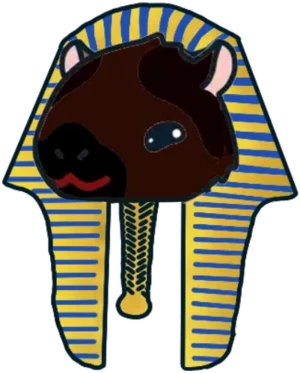
Nubia was a civilization in modern Sudan that was tied to Egypt's early history and influenced by Egyptian culture. From 754 to 656 BC the Nubian Kingdom of Kush ruled over Egypt as the "Black Pharaohs". They represent the kernel of truth at the center of Hotep ideology 
The Kushites were driven out by the Neo-Assyrian Empire's conquest, and Assyria ruled Egypt until its own collapse. The Egyptians had about a hundred years of independence as a break before Persian conquest in 525 BC. Egypt rebelled against Persia in 404 BC but was finally subjugated in 343 BC. Nectanebo II has the distinction of being the very last native Pharaoh of Egypt, as his defeat led to a second period of Persian rule.
Achaemenid Persia controlled Egypt until it was seized by Alexander the Great in 332 BC  Upon his death the short lived Macedonian Empire was split between his generals, and Ptolemy established a kingdom that would stand until the days of Augustus Caesar.
Upon his death the short lived Macedonian Empire was split between his generals, and Ptolemy established a kingdom that would stand until the days of Augustus Caesar.
Ptolemaic Egypt, the "thirty-third" Dynasty, would also be the last. The Ptolemaic rulers respected the culture and religion of the Egyptians and had themselves seen as Pharaohs. Much art of them was produced in the Egyptian style.
But it's important to note they were Greeks ruling over a conquered people and kept all the important postings in Hellenic hands. The Ptolemaic monarchy produced Cleopatra VII (the famous one) and though there is much pop-history discussion about her racial heritage  she was fundamentally Greek. In fact Cleopatra was the only Ptolemaic Pharaoh that ever bothered to even learn the Egyptian language.
she was fundamentally Greek. In fact Cleopatra was the only Ptolemaic Pharaoh that ever bothered to even learn the Egyptian language.
In 205 BC, the Egyptian priest Horwennefer led a rebellion against the Ptolemies that wasn't defeated until 185 BC. The remains of a stele made to commemorate the Greek victory would eventually become the Rosetta Stone (But more on that later  )
)
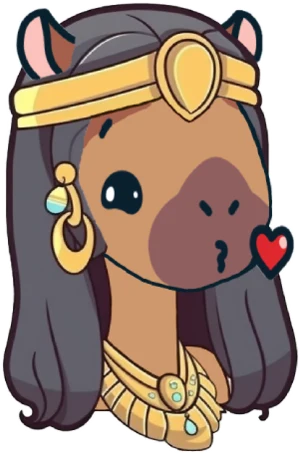
The last Pharaoh and another of the most famous, Cleopatra is most known for her involvement in Roman whatnot and her alliance with Mark Antony led to the conquest of Egypt in 30 BC by the army of his rival Octavian. Though not the first foreigners to rule Egypt, the Romans did not continue the ancient Pharaonic tradition and simply made Egypt into a province of their new empire.
All in all, Egypt's dynastic period is considered to have lasted from c. 3100 BC almost to the first millennium AD. The divisions of dynasties (originally thirty) come from the Aegyptaiaca, a history of Egypt written by the Ptolemaic era priest Manetho, and are still used by Egyptologists today. The last three dynasties were coined later in reference to the second Persian Satrapy, Alexander himself, and the Ptolemaic Greeks.
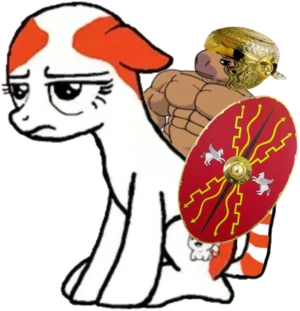
Egypt remained under Roman rule until the 7th century. It was a major breadbasket province for the empire and among the wealthiest and most populous. It also became one of Rome's first imperial provinces, those controlled by governors appointed by the Emperor rather than the Senate, and was notable for being ruled by an Equestrian governor. The Equestrians were the second of Rome's property based classes (the plebeians and patricians being hereditary classes) and ranked below the Senatorial. To prevent any influential Romans from using Egypt as a power base like Antony, Augustus Caesar allowed only Equestrians to hold the position because they were considered the "lowliest" of Rome's aristocracy. This made Praefectus Aegypti the highest rank an Equestrian could achieve in the early empire.
Christianity eventually spread to Egypt and took hold there until Islamic rule. Alexandria would become a Pentarchy city and also saw the Arian controversy, the first great schism within the Church that produced the breakaway sect of Arianism  The tradition of Christian hermits and monasteries actually began in Egypt and spread to Europe from there. The Coptic language also developed during this period and would remain Egypt's common language until at least the 10th century AD. It produced the still extent Coptic Orthodox Church, based on the Coptic Rite rather than a Latin one.
The tradition of Christian hermits and monasteries actually began in Egypt and spread to Europe from there. The Coptic language also developed during this period and would remain Egypt's common language until at least the 10th century AD. It produced the still extent Coptic Orthodox Church, based on the Coptic Rite rather than a Latin one.
From 618-628 AD Egypt was briefly ruled by Sasanian Persia before Eastern Roman control was reestablished. The near constant warfare at the time between Byzantium and Persia weakened both empires and enabled the very rapid conquests of the Arabian Rashidun Caliphate, the first ever of the great Muslim powers and the empire that ushered Egypt into the contemporary Islamic period. The conquest of Egypt from the Romans was complete by 642 and the lands of the Nile would remain under Arabian Caliphate rule as the centuries went by and as power transferred to the Umayyads, then the Abbasids. Muslim rule had the obvious effect of converting Egypt to Islam, though it was not until about the 9th century that it became more common than Coptic Christianity amongst the common populace.
Also by the 9th century, the power of the Abbasids had declined enough to allow further flung regions of the newly Islamic world to assert regional independence. Originally a Turk  brought into Abbasid service as a Mamluk, Ahmad ibn Tulun was sent to Egypt as resident governor in 868 but quickly took advantage of the climate to assert independence and cease payment of tribute. The "Tulunid Emirate" represented the first period of Egyptian independence since the days of Cleopatra and would help to establish the idea of Egyptian nationalism in the face of a previously imperial Muslim world. It came to an end with the Abbasid reconquest in 905, but the Caliphate's direct power was still weak and Egypt was somewhat autonomous under their tributary Ikhshidid dynasty of Mamluk governors.
brought into Abbasid service as a Mamluk, Ahmad ibn Tulun was sent to Egypt as resident governor in 868 but quickly took advantage of the climate to assert independence and cease payment of tribute. The "Tulunid Emirate" represented the first period of Egyptian independence since the days of Cleopatra and would help to establish the idea of Egyptian nationalism in the face of a previously imperial Muslim world. It came to an end with the Abbasid reconquest in 905, but the Caliphate's direct power was still weak and Egypt was somewhat autonomous under their tributary Ikhshidid dynasty of Mamluk governors.
The next power to rule Egypt was the Fatimid Caliphate, an Isma'ili Shia polity that originally emerged from Tunisia. The Fatimids conquered Egypt in 969 and gradually made it their center of power. They were the ones to establish the modern city of Cairo, proudly setting it up as a proper capital complete with palaces for the Caliph and the official state mosque. One notable Fatimid Caliph was Abu Ali al-Mansur, famous for establishing centers of learning and concluding peace with the Byzantines, but infamous for destroying the Church of the Holy Sepulchre in Jerusalem and helping to provoke the Crusades 
Fatimid power was weakened by conflict with the Seljuk Turks  and then the "Franks" (Crusaders)
and then the "Franks" (Crusaders)  who would capture virtually all of Fatimid territory in the Levant. Crusader leaders like Baldwin of Jerusalem and Amalric of Jerusalem would invade Egypt proper from time to time, damaging the coast and threatening the river delta.
who would capture virtually all of Fatimid territory in the Levant. Crusader leaders like Baldwin of Jerusalem and Amalric of Jerusalem would invade Egypt proper from time to time, damaging the coast and threatening the river delta.
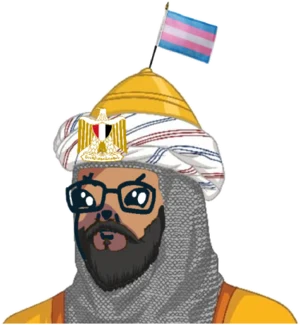
One prominent Muslim commander of the post Second Crusade, Saladin, rose to be the vizier of the Caliphate and used his power to abolish the Fatimids outright in 1171. He took the title of Sultan in 1174 as the founder of the new Ayyubid Dynasty.
Though not born in Egypt and remembered as a leader for the Arab world in general, Saladin is another figure that has retroactively become a symbol of Egyptian nationalism. He was the first to be called Sultan of Egypt and is at least perceived as being a more "Egyptian" leader than the previous Fatimids. Egyptians (Sunnis) also note that he returned the land to Sunni Islam and did away with Fatimid Shia influence.
If nothing else, Saladin made the Egyptian eagle as originally depicted in Pharaonic era symbolism into his personal emblem. The Eagle of Saladin would in turn inspire Egypt's modern coat of arms.
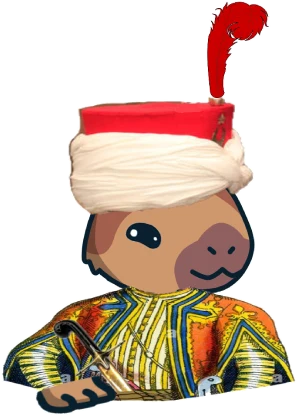
A longstanding tradition of Muslim powers was the usage of slave soldiers called Mamluks. Originally captives from the Turkic peoples of Central Asia, later recruited from a variety of foreign cultures, Mamluks were converted to Islam if not already and made to fight in the armies of the Abbasid Caliphate. The practice continued and evolved over the centuries, with many Mamluks becoming commanders and governors for their masters and establishing hereditary lineages of their own.
Many other post-Caliphate states continued the practice into the early modern period, the Turks themselves making use of Mamluks after converting to Islam and establishing their own states in the Middle East. The Ottomans continued the tradition through the well known Janissary corps, referenced by this very site no less.
The Mamluks of Egypt evolved into something of a knightly caste, and in the wake of the Seventh Crusade they overthrew the Ayyubids entirely and established the "Mamluk Sultanate". The Mamluks defended Egypt and reclaimed territory in the Levant from the Mongols, at one point representing the only major Islamic power in the Middle East to not fall under Mongol domination  Alas the Mamluk form of government was somewhat unstable and their intial Bahri Dynasty would go through 25 Sultans in less than 150 years, with the subsequent Burji Dynasty turbulent as well. The Mamluks also had the unfortunate distinction of seeing Egypt through the Black Death. The plague may have killed as much as 40% of Egypt's population and became a recurring problem for the cities of the Nile over a 150 year period.
Alas the Mamluk form of government was somewhat unstable and their intial Bahri Dynasty would go through 25 Sultans in less than 150 years, with the subsequent Burji Dynasty turbulent as well. The Mamluks also had the unfortunate distinction of seeing Egypt through the Black Death. The plague may have killed as much as 40% of Egypt's population and became a recurring problem for the cities of the Nile over a 150 year period.
As Mamluk power declined, Egypt was conquered by the Ottoman Empire in 1517 and became the Eyalet of Egypt. Al-Mutawakkil III, last of the ceremonial Abbasid Caliphs (used to legitimize the rule of later Muslim rulers) was taken from Egypt to Turkey and anointed the Ottomans as the "Fourth Caliphate" from then on.
The conquest of the Mamluk Sultanate opened the way for further expansion in Africa and gave the Turks control of the holy cities of Mecca and Medina. Egypt itself became a breadbasket province once more and produced a disproportionate amount of the empire's food. It also served as Turkey's hub for the transportation of Yemeni coffee and goods from trade routes to India.
Egypt's fortunes waxed and waned with the rise of fall of Turkish power. By the late 18th century the European empires had become stronger in comparison, and Britain was well underway in establishing interests in the area and the lucrative trade route to India.
While still an officer for the French Republic, Napoleon led an invasion of Egypt in 1798 and defeated the initial Ottoman force sent to stop him. Britain took the opportunity to intervene and stranded the French army after sinking their fleet. Napoleon abandoned the troops in 1802 and the French surrended.
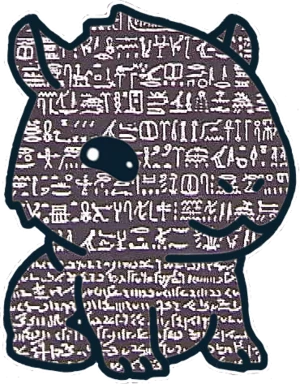
The French actually had the romantic study of Egyptian history as a secondary objective of theirs and Napoleon himself established the Institut d'Égypte in Cairo. On July 15th, 1799, French soldiers discovered the famous Rosetta Stone while working on the defenses of Fort Julien to the northwest of Rashid (Rosetta) The stone was handed over to the British after the surrender and was sent to the British museum in London. Its discovery led to the field of Egyptology as it is today.
The significance of the Rosetta Stone is that it contains the same message written in three scripts, Egyptian in Hieroglyphics, Egyptian in Demotic, and Ancient Greek. Because Greek was known, the stone allowed scholars to finally figure out how to decipher Hieroglyphics, which is why the earliest Egyptian records can be understood. Otherwise ancient Egypt would be as mysterious as the Indus Valley Civilization, a comparable early civilization whose script remains untranslatable.
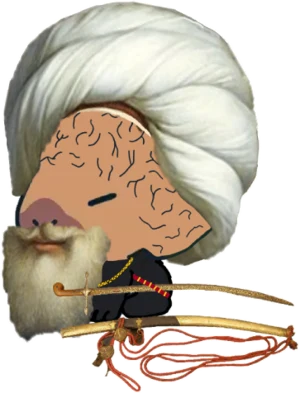
Napoleon's invasion permanently destabilized Ottoman power and left a vacuum that would be filled by an Albanian regiment commander Muhammad Ali. Originally part of the force sent to fight the French, Muhammad Ali of Egypt became the dominant figure in Egypt and was recognized as viceroy to the Sultan in 1805. He conquered much of Sudan  of his own accord and campaigned for Turkey in Arabia and Greece, but in 1831 he abandoned all pretenses of subservience and went to war with the Sultan. His armies defeated the Ottomans in the Levant and southern Anatolia and threatened Constantinople itself. In line with their post-Napoleonic belief in the "balance of power", European nations were alarmed at the potential collapse of the empire and intervened diplomatically. Muhammad Ali ultimately agreed to peace in exchange for autonomous hereditary rule over Egypt, and his descendants became the royal family that would be recognized until 1952.
of his own accord and campaigned for Turkey in Arabia and Greece, but in 1831 he abandoned all pretenses of subservience and went to war with the Sultan. His armies defeated the Ottomans in the Levant and southern Anatolia and threatened Constantinople itself. In line with their post-Napoleonic belief in the "balance of power", European nations were alarmed at the potential collapse of the empire and intervened diplomatically. Muhammad Ali ultimately agreed to peace in exchange for autonomous hereditary rule over Egypt, and his descendants became the royal family that would be recognized until 1952.
And yes, that means modern Egypt's arguable founding father was Albanian 

It was also in this period that Egypt began growing its famed cotton as a cash crop industry. The Suez Canal, financed by the French Compagnie de Suez and originally opened under their control, was completed in 1869.
As the 19th century continued, Egypt fell into debt towards Europe it couldn't repay. A European commission led by Britain and France took control of the treasury of Egypt and forgave the debt in return for taking national control of the canal and establishing a permanent military presence. Increased hostility with the locals and Egypt's independent army led to a joint Anglo-French invasion in 1882. From then on Egypt became a de facto British protectorate, such that they ruled over the Suez and began building the Cape to Cairo Railway.
Though until 1914 it was technically still an Ottoman province.
When the First World War broke out in '14, the British made their control of Egypt official by establishing the Sultanate of Egypt, a puppet government without any remaining pretenses of Ottoman influence. Turkey's entry into the conflict as a Central Power led to the Sinai and Palestine Campaigns in early 1915. Ottoman forces opened the theatre with an ambitious raid on the Suez itself, but British forces had broken this offensive by 1916 and soon advanced into Palestine. This long campaign would eventually take the Allies as far north as Aleppo before the unconditional Turkish surrender 
Though the Egyptian Sultanate itself was officially neutral throughout the war, tens of thousands of locals were made to serve within the Egyptian Labour Corps and Egyptian Camel Transport Corps 
Egyptian resentment to British interference had only grown stronger after the hardships of the war, leading to the nationalist revolution of 1919. The riots and mass demonstrations finally led to Britain's official declaration of independence for Egypt in 1922, the new government taking form as the Kingdom of Egypt. However, Britain held on to many rights including security of communications, defense of Egypt, control of Egyptian foreign policy as well as full control of Sudan and the Suez. The world still considered Egypt an extension of Britain going into the Second World War 
Following Italy's entry into the conflict in 1940, an Italian invasion of Egypt was beaten back by the British Western Desert Force in Operation Compass, an extended raid successful enough to send Italian troops scrambling back into Libya. The arrival of German reinforcements and reorganization of Axis forces under the Afrika Korps allowed a renewed offensive into Egypt that would be countered by the first and second Battles of El Alamein -- battles that would go down among the great Allied victories of 1942 alongside Stalingrad and Midway. British forces then pushed on while American forces landed in Morocco, leading to the final defeat of all Axis forces in Africa in May of 1943  During the war Egypt remained officially neutral but provided significant material support to the British. Egyptian troops also defended themselves from occasional Axis attacks and would suffer over a thousand killed and wounded.
During the war Egypt remained officially neutral but provided significant material support to the British. Egyptian troops also defended themselves from occasional Axis attacks and would suffer over a thousand killed and wounded.
Meanwhile, Egypt's yearnings for true independence continued to grow. The Anglo-Egyptian treaty of 1936 promised an end to British military presence beyond the Suez except in cases of foreign invasion of Egypt. With that invasion having happened and ended, Egyptians in the post-war period became more fervent than ever in demanding British withdrawal. In '42 there had also been the infamous Abdeen Palace Incident in which British troops surrounded Egyptian King Farouk in his home and forced him to accept a Wafd controlled government -- the Wafd being a political party and the British believing such a government would be more cooperative for the war effort. Lest he end up overthrown by the British as had happened to Iraq and Iran in the same period, King Farouk capitulated. This incident was seen by the Egyptian people as a national embarrassment and stirred them against the monarchy and existing political parties 
In '48 the Egyptian army attacked Israel alongside other Arab powers and were repulsed everywhere beyond the Gaza Strip  though an officer named Gamal Abdel Nasser made a name for himself by holding out until the armistice. The stresses of this war inflamed the situation at home as disgruntled army officers began to collaborate against the Kingdom.
though an officer named Gamal Abdel Nasser made a name for himself by holding out until the armistice. The stresses of this war inflamed the situation at home as disgruntled army officers began to collaborate against the Kingdom.

In 1951 Egypt withdrew from the '36 treaty and began a Suez incident by cutting off water to the British base and refusing to allow any Egyptian workers to travel there. Egyptian police were seen aiding guerillas and a police station was leveled by British attack. In '52 King Farouk was overthrown and forced to abdicate the throne by the Free Officers Movement, a conspiracy against the Kingdom led by Mohamed Naguib and Nasser. Becoming Egypt's second president in '54 after Naguib, Nasser pressured the British more heavily than before and in '56 he kicked off the Suez Crisis by nationalizing the Canal. Egypt was invaded by the militaries of Britain, France, and Israel but ultimately ended the crisis in control of the canal, still administered today by the Suez Canal Authority established under Nasser. For all these reasons 1952 is considered as the year Egypt gained its true independence, and Nasser is seen as another founding father for the country. (At least that was the impression I got from a boomer cab driver in NYC  )
)
Nasser was seen as a hero to the Arab world after standing against western powers, and in 1958 he attempted to put Pan-Arab nationalism into practice by forming the United Arab Republic with Syria. The government lasted only until '61, but Egypt continued to officially refer to itself as the UAR until becoming the modern Arab Republic of Egypt in '71. Another highlight of Nasser's administration was the Six Day War, a third (but not the last) conflict with Israel 
Nasser reigned until his death in 1970 and was succeeded as Egyptian President by Anwar Sadat. This marks the beginning of contemporary Egypt, which in this context is defined by boring modern politics I don't feel like talking about 
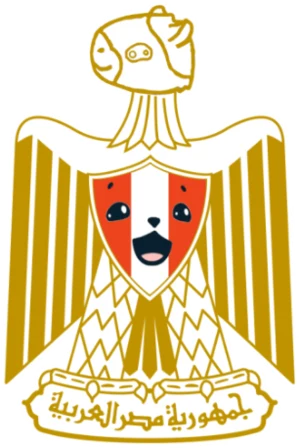
And that's all for now  Hopefully someone somewhere learned a thing or two, or maybe a dramatard will angrily correct something I got wrong. Either works for me
Hopefully someone somewhere learned a thing or two, or maybe a dramatard will angrily correct something I got wrong. Either works for me 
I might do more emote driven history tours if anyone's interested. Brazil might be next cos capybaras are from Brazil geddit? Would this be interesting? Should there be more emotes and less words? Lemme know 
- 12
- 29
https://watchpeopledie.tv/h/art/post/226518/diddy
A bonus drawing from the OP:
- bobb : haram
- Lv90_Slime : I don't like this
- 28
- 88
- 5
- 12
- CREAMY_DOG_ORGASM : R*pe
- 10
- 129
Best outline I could do on my phone, sowwy 
Context: https://rdrama.net/post/303628/smartest-redditors-see-red-as-they
- 5
- 15
Like this but with the peepee all shredded and bloody.

Can be used to symbolize hezbollah after their pager goes off, total moid death, or a toothy blowjob.
- HailVictory1776 : That pine tree flag isn't the Maine state flag, it was replaced in 1909
-
SpooksforIsrael
:


- 74
- 110
- 26
- 68
- 26
- 36
:3 OvO
i realized now that I'm employed I could just buy a new graphic tablet
so now I'm an artcel again, and my power only grows. 
as soon as I figure out colors its over
seek refuge.
!furries !birdposters !zoochads !horsefrickers !hornyposters !coomers !chasers <- 
- 20
- 129
https://x.com/a_marsey inspired me (to abusing machine learning again)
^^^ blush mspaintsey
Does this have legs?
- The_God_Of_Raisins : Jap coombrains inside
- ACK-A : GET OUT OF IF MY HEAD
- 25
- 120
- 24
- 91
I don't know why but I burst out laughing every time I see this. Maybe it's the juxtaposition of Marsey, Mr. House, you being an r-slur.
This is better than the Mona Lisa.

Gambling is still not okay.
- 22
- 105
Request by @MoonMetropolis. Let me know if you want anything changed.
I wasn't going to post this here, but it's been ages since I drew a new Marsey and I feel bad for the tasteless losers who still follow my account for the "art" 
I think I got it convincingly on-model 
- 7
- 24
this is what happens when you remind an adult that they have free will pic.twitter.com/ktF9RCm5vy
— internet hall of fame (@InternetH0F) September 14, 2024



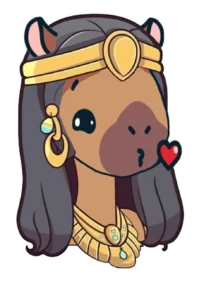






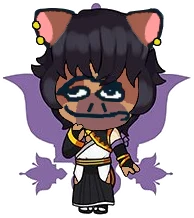

 VERY RARE H/MARSEY EFFORTPOST
VERY RARE H/MARSEY EFFORTPOST 

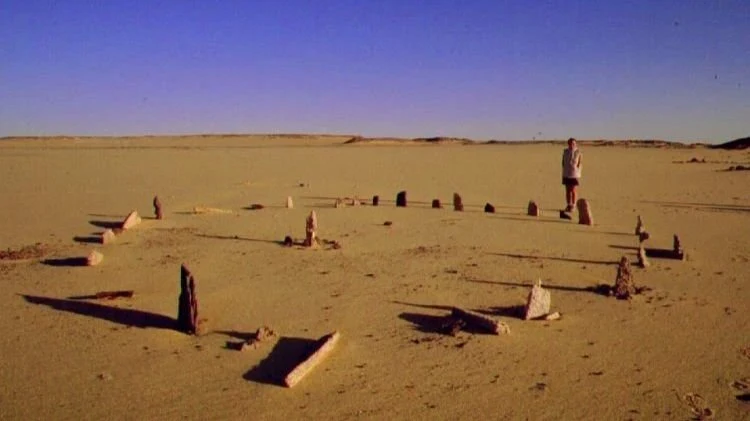
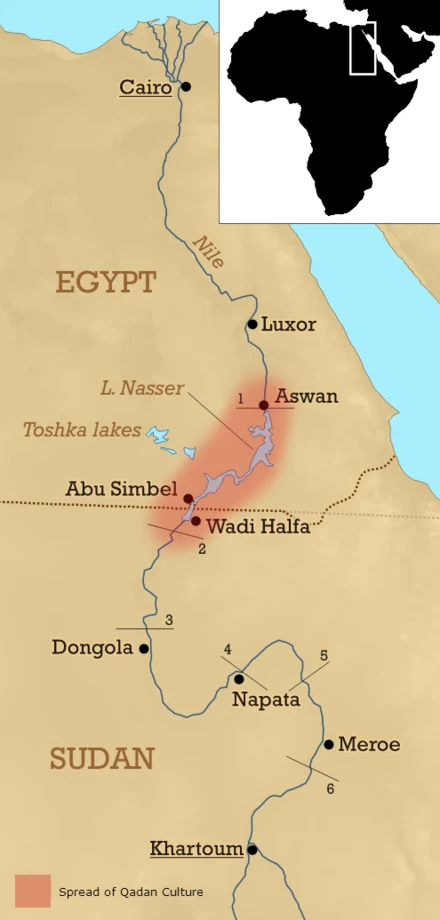
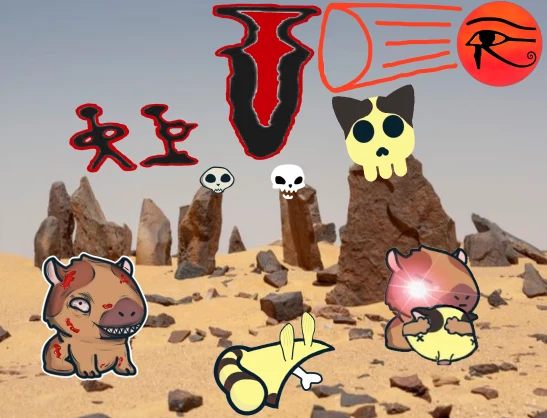
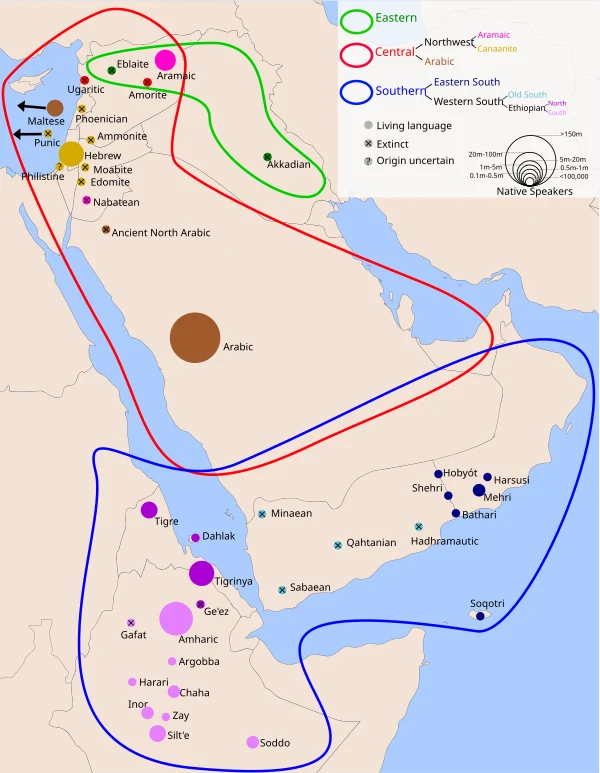

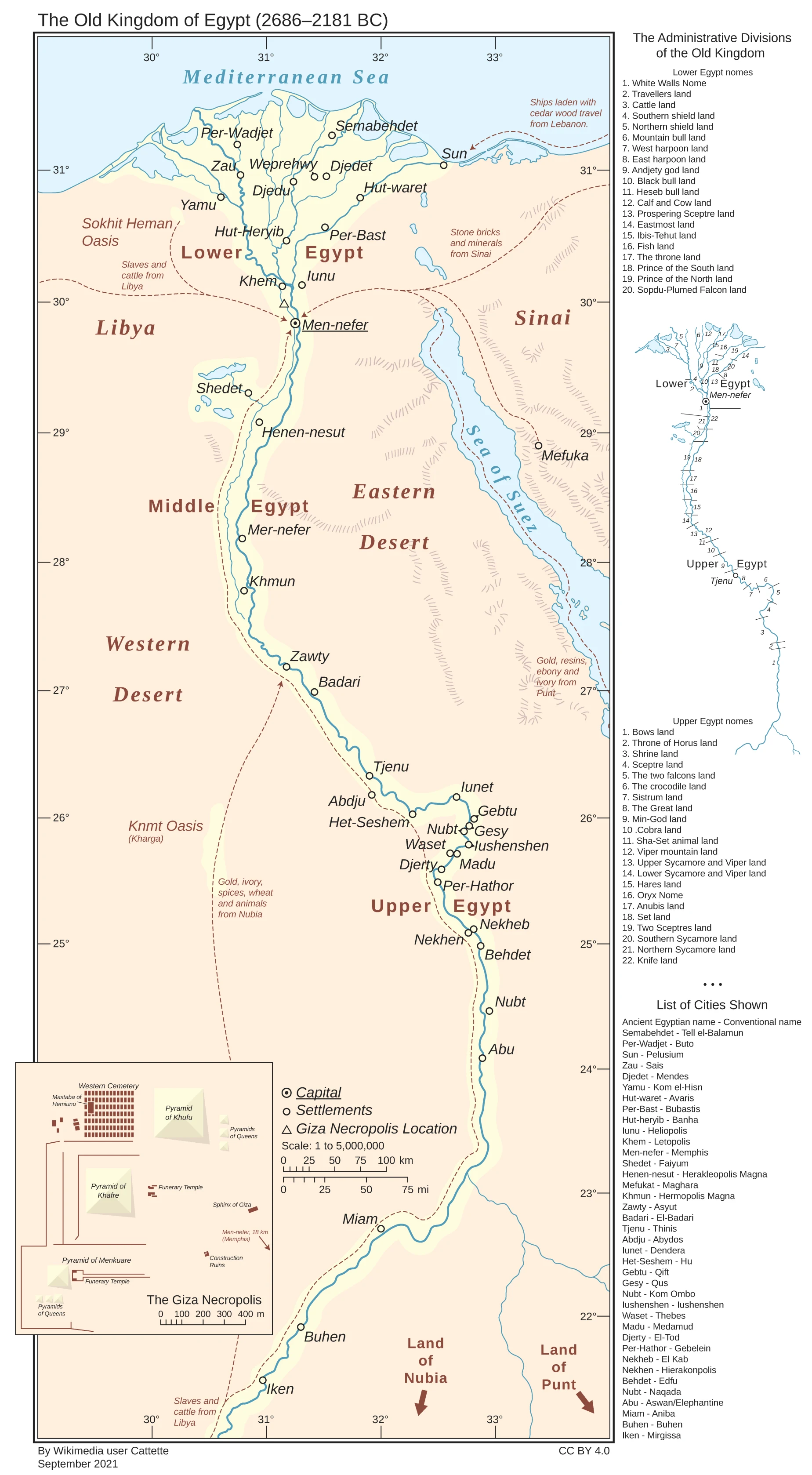
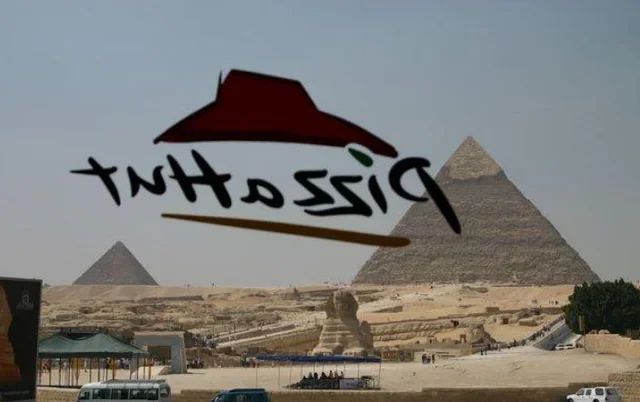
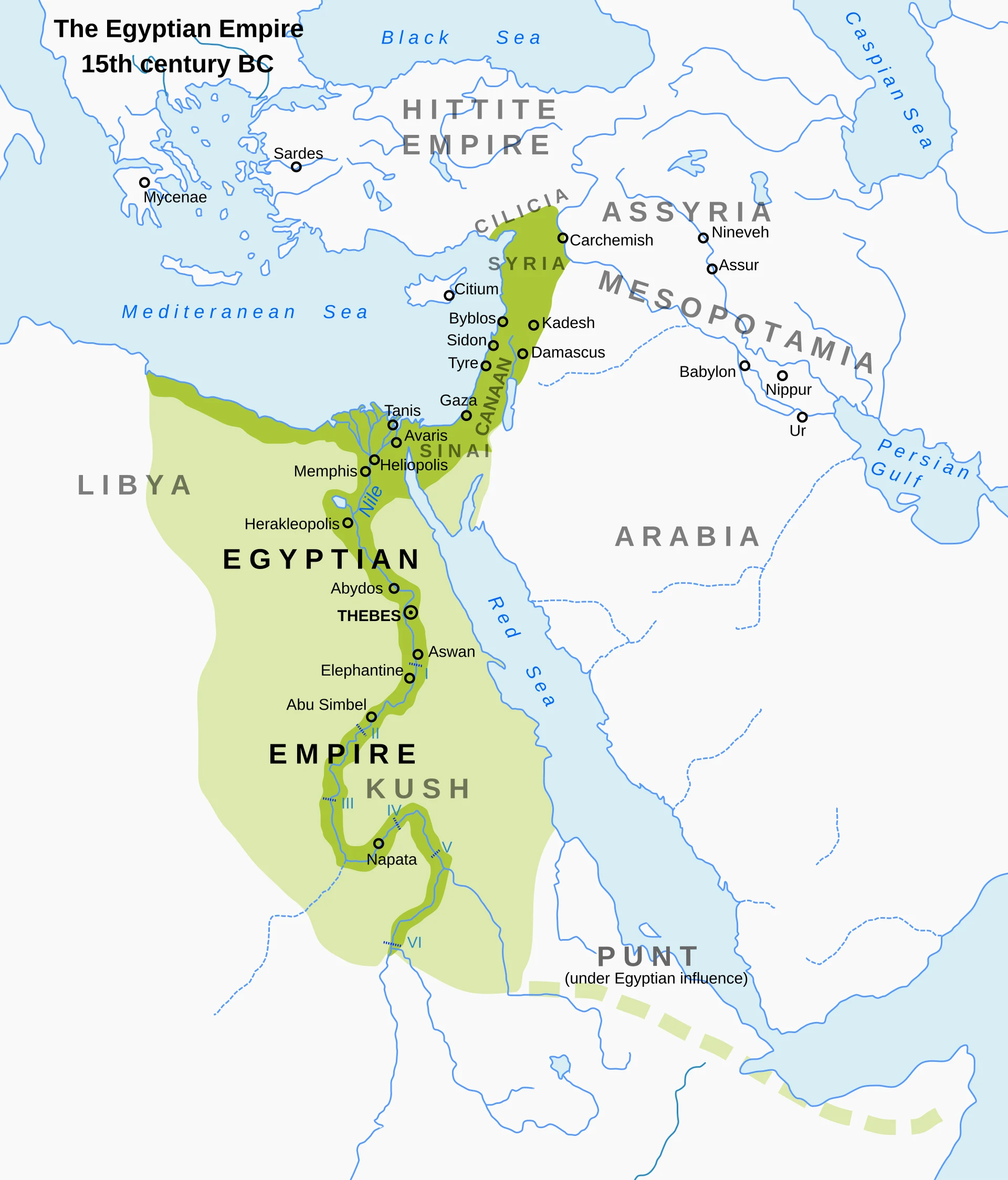
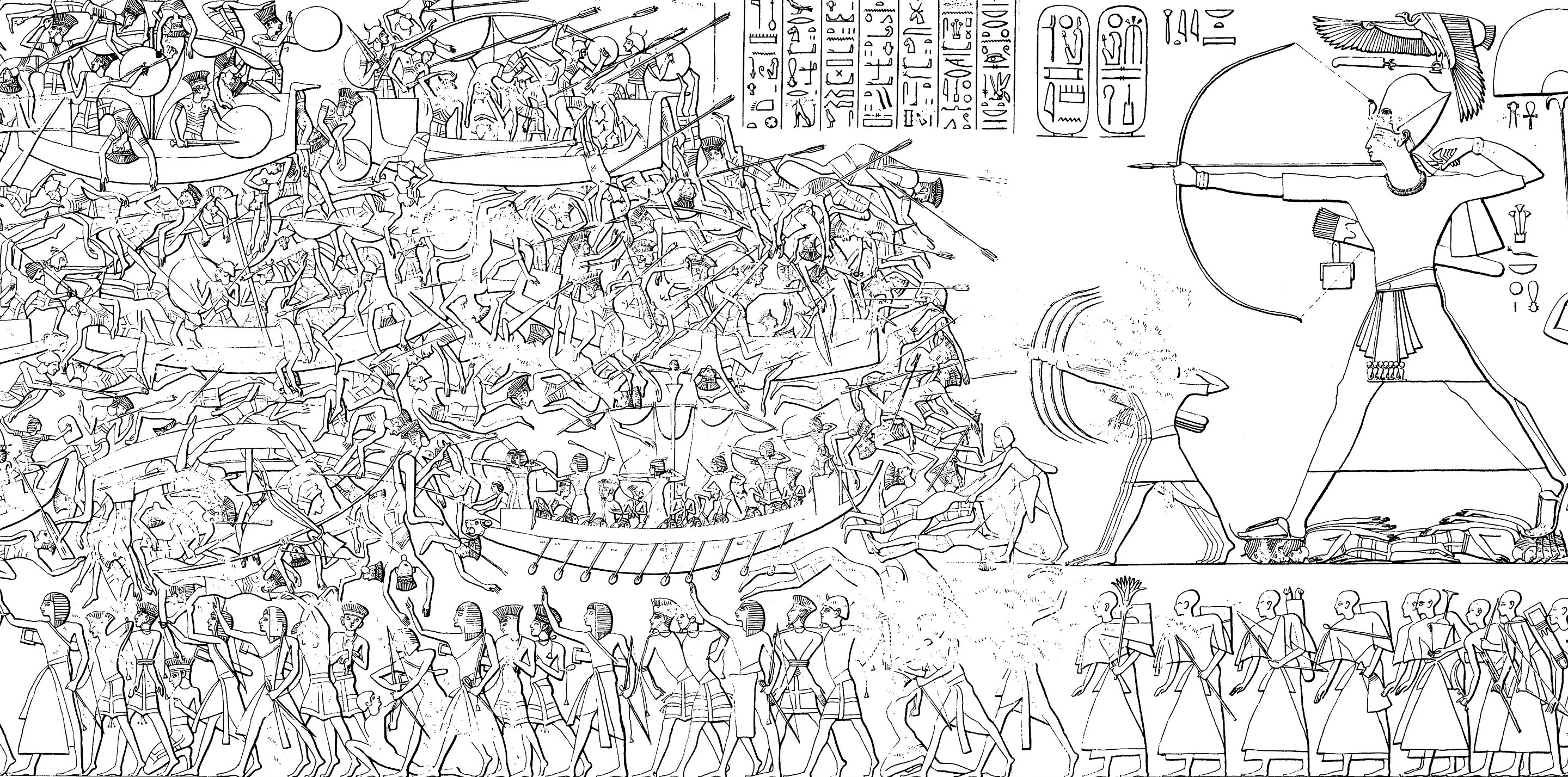
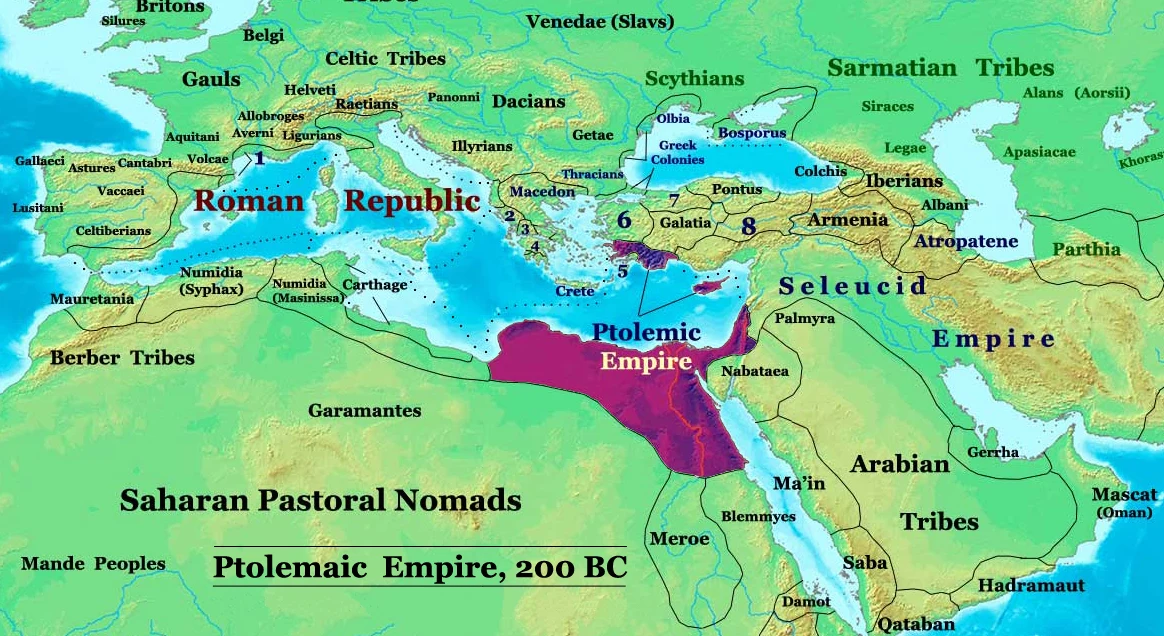
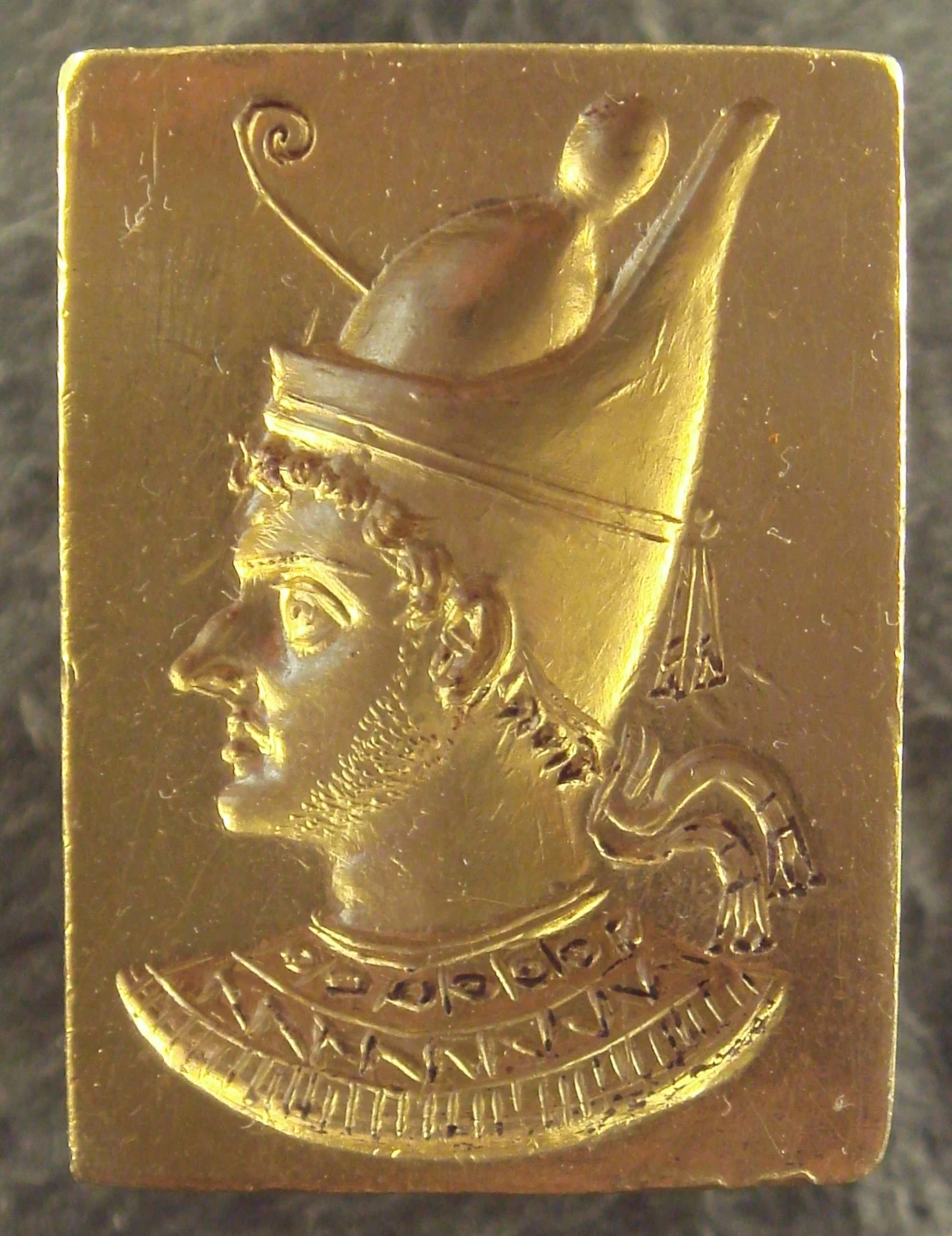
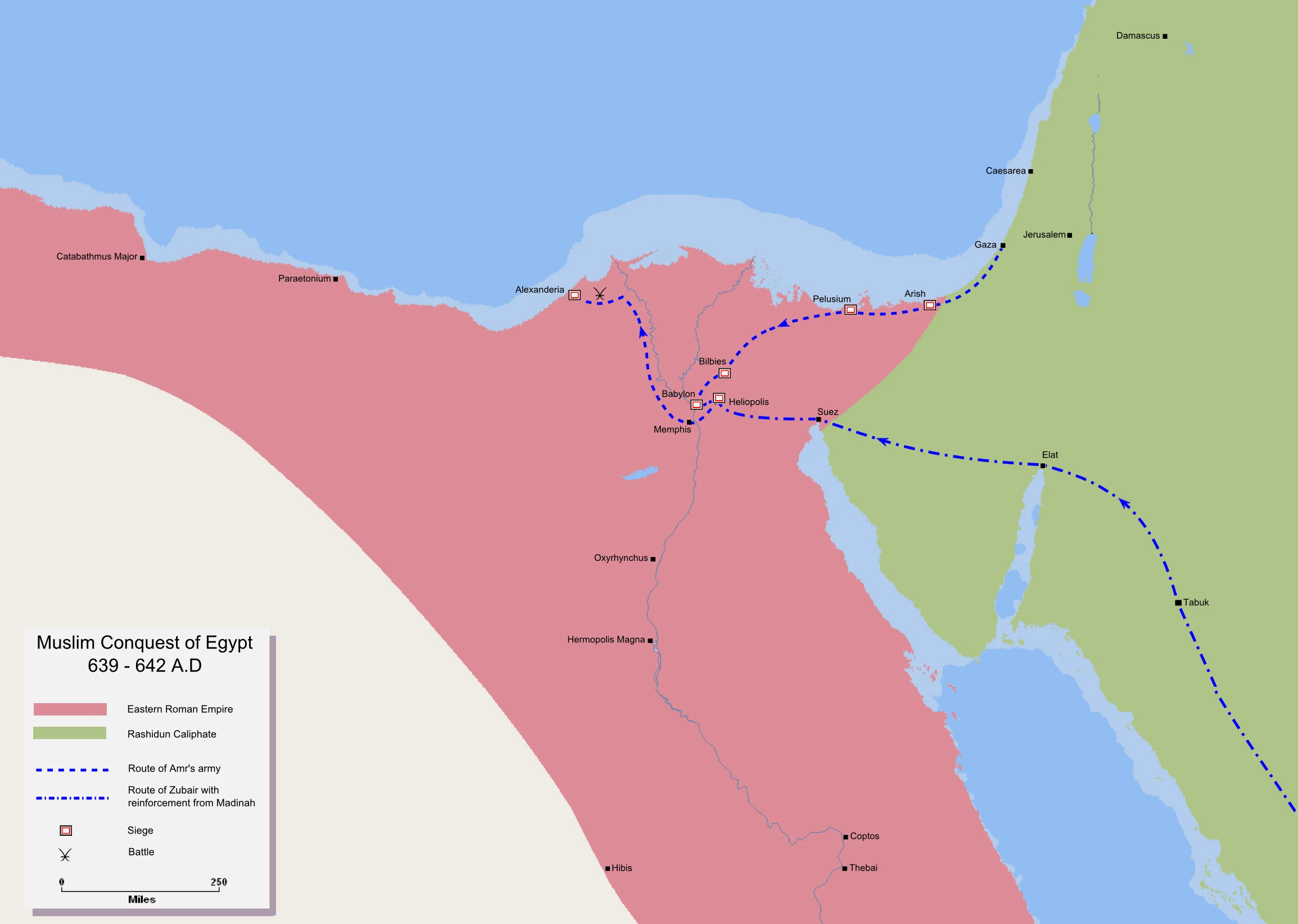
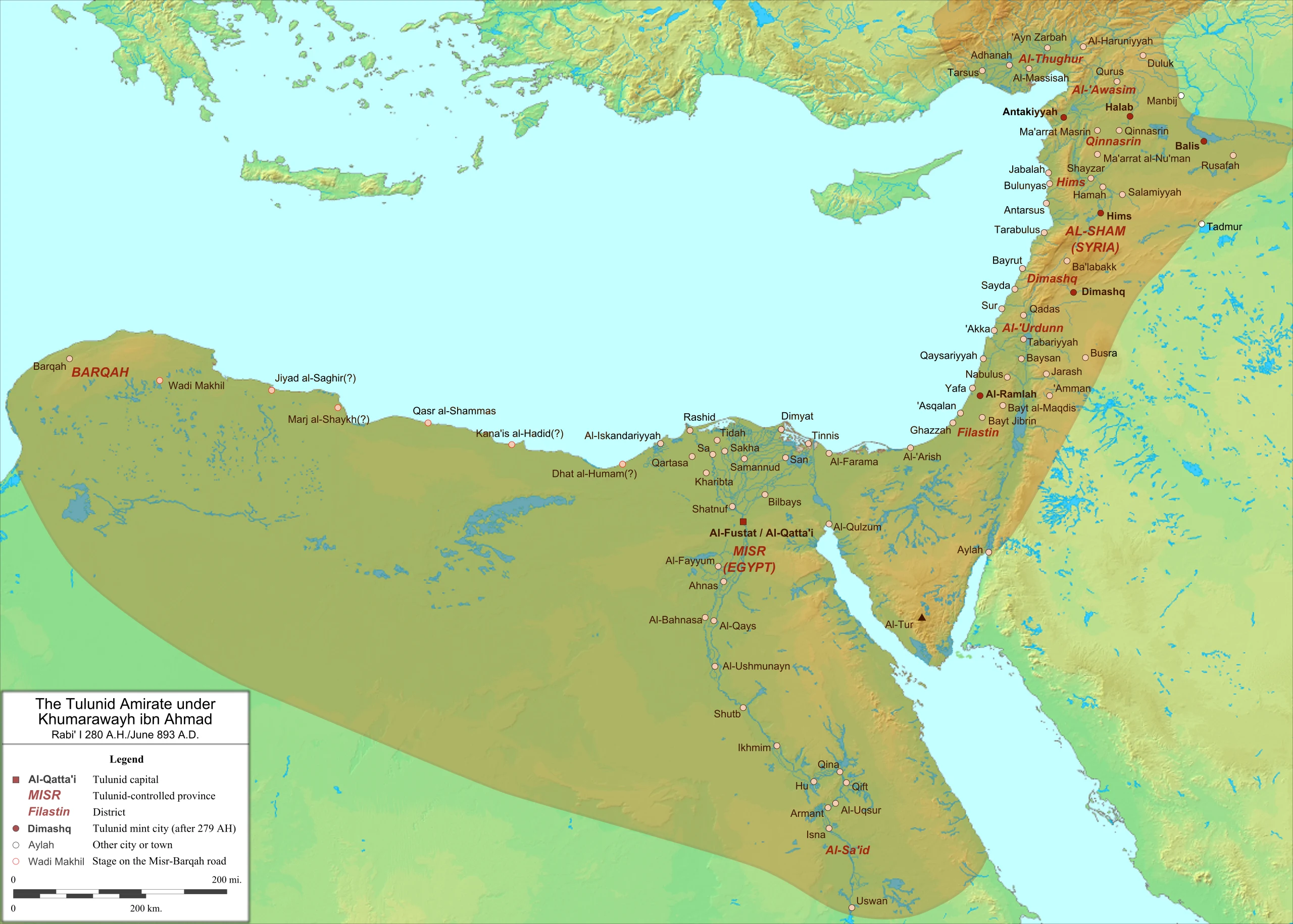
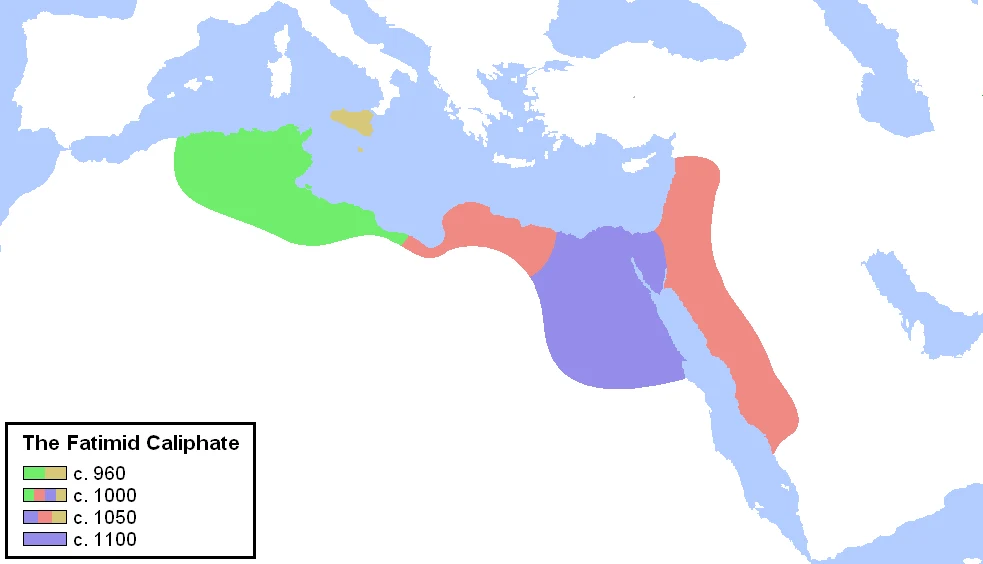
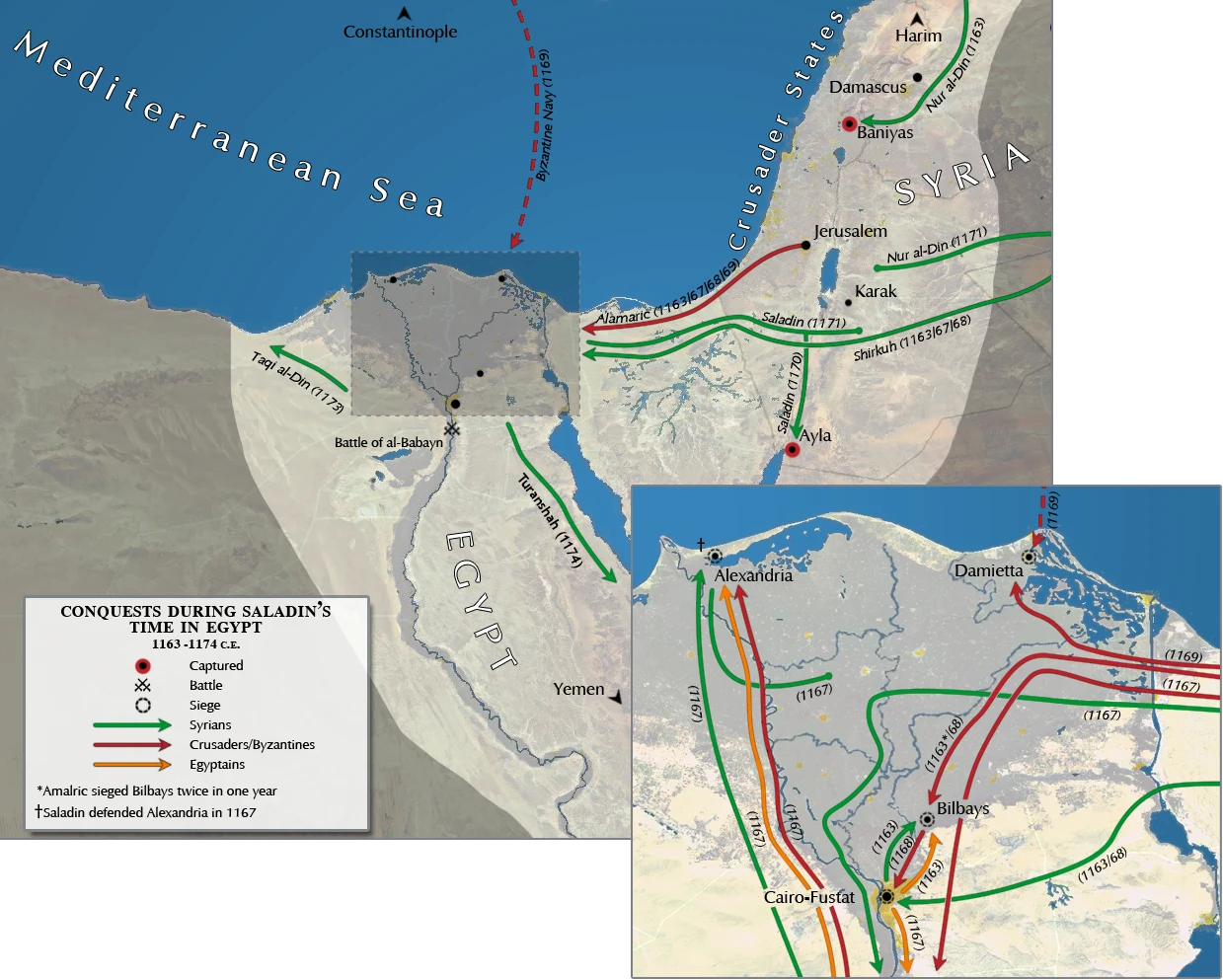
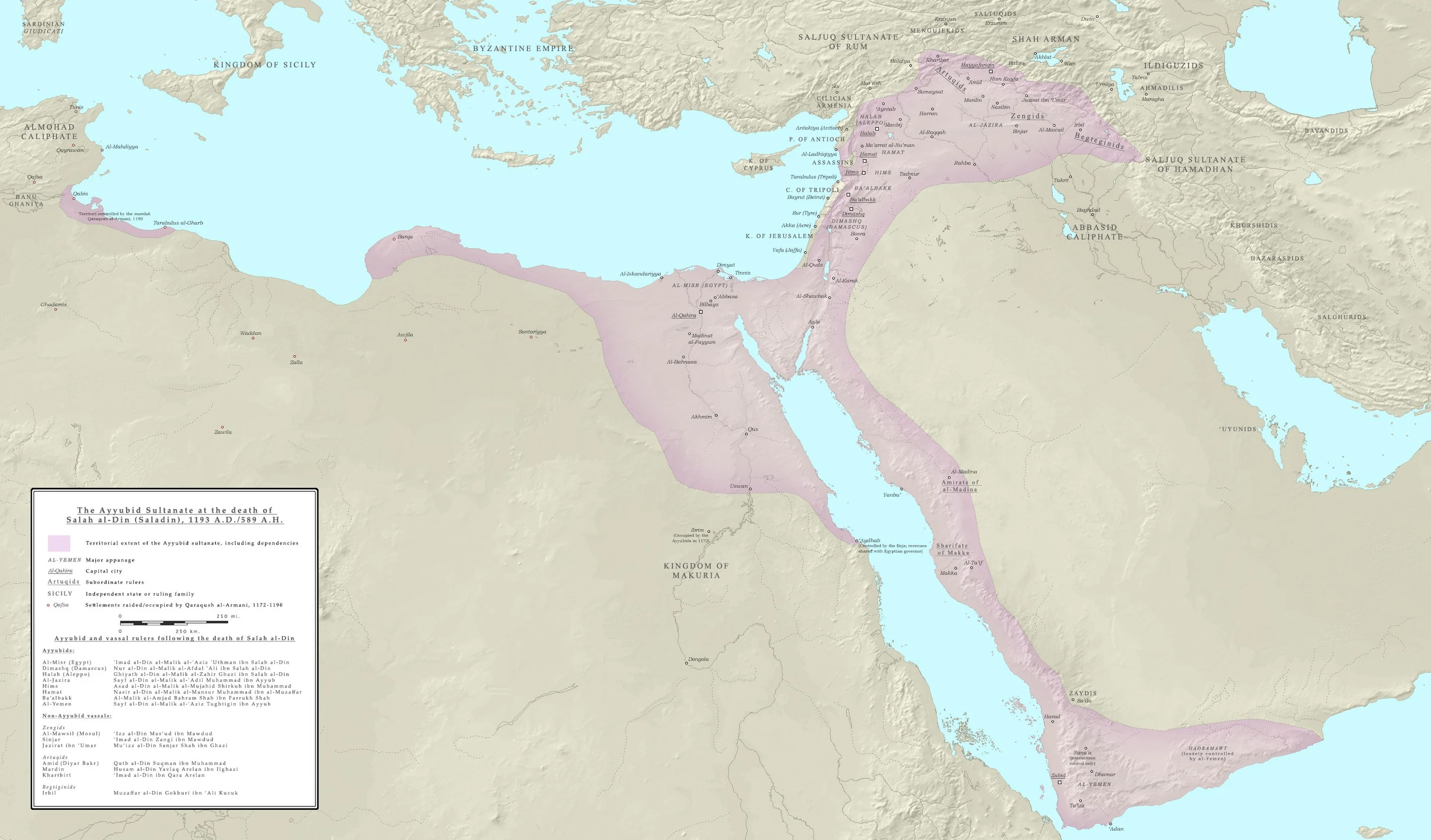

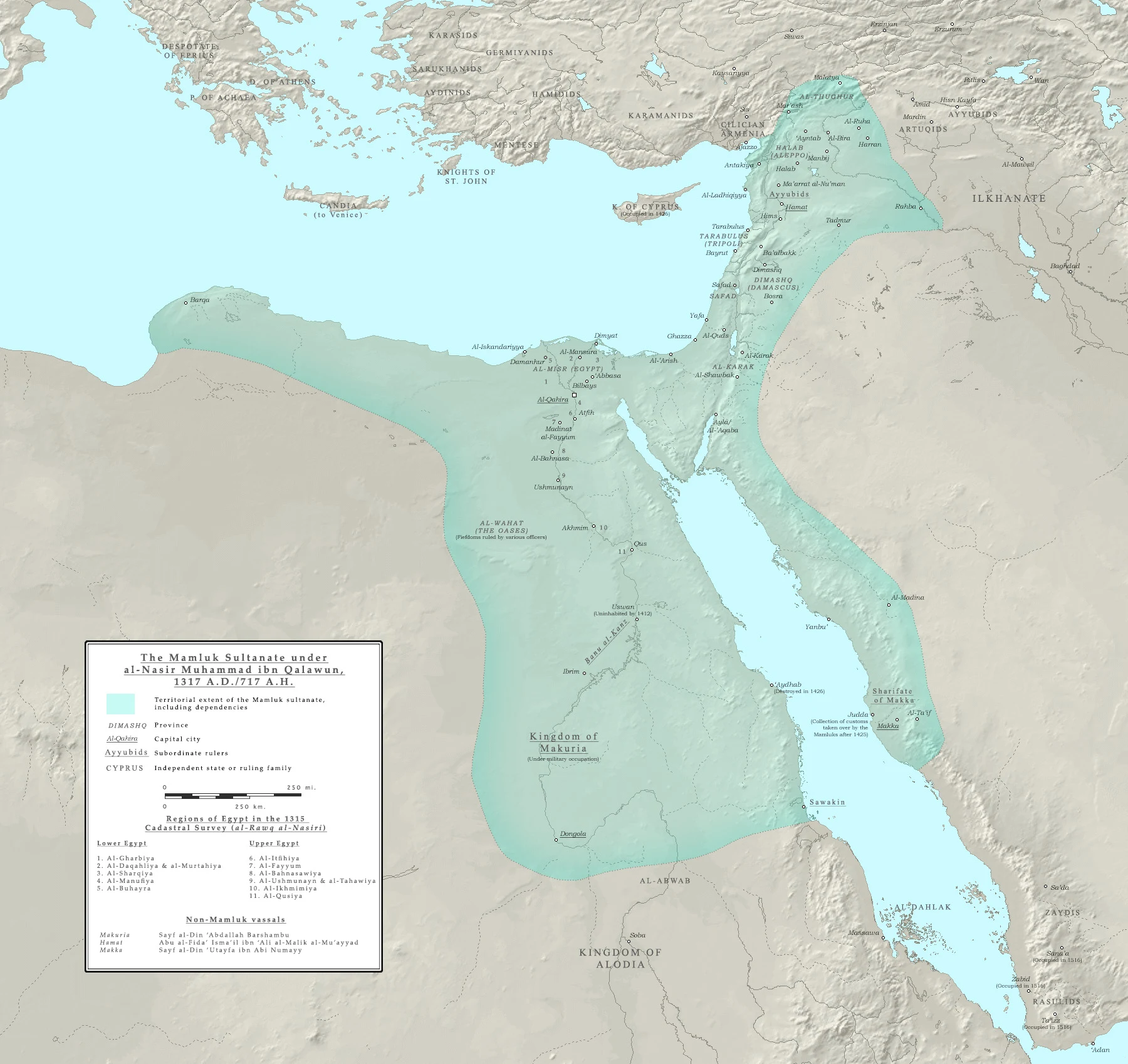
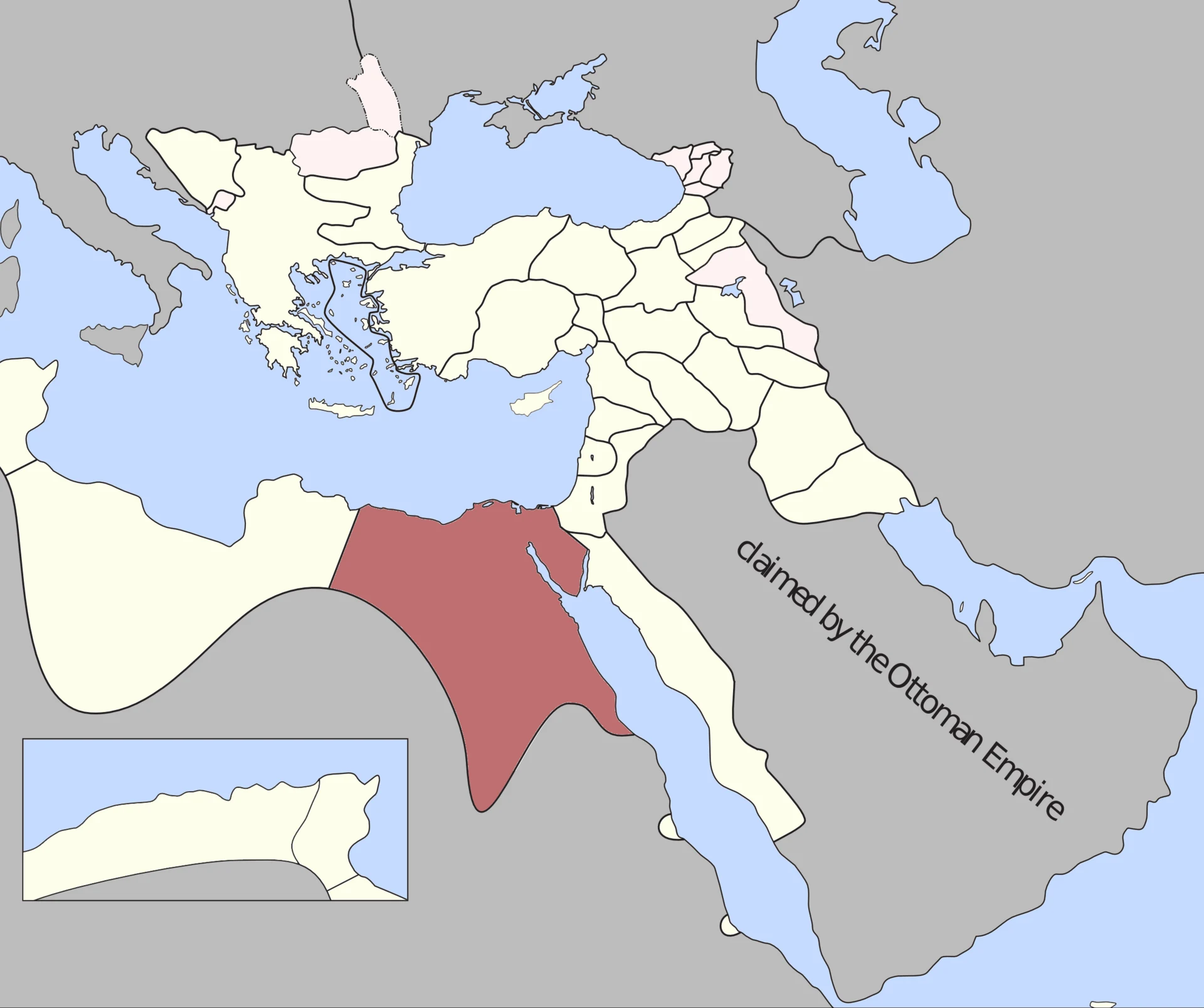
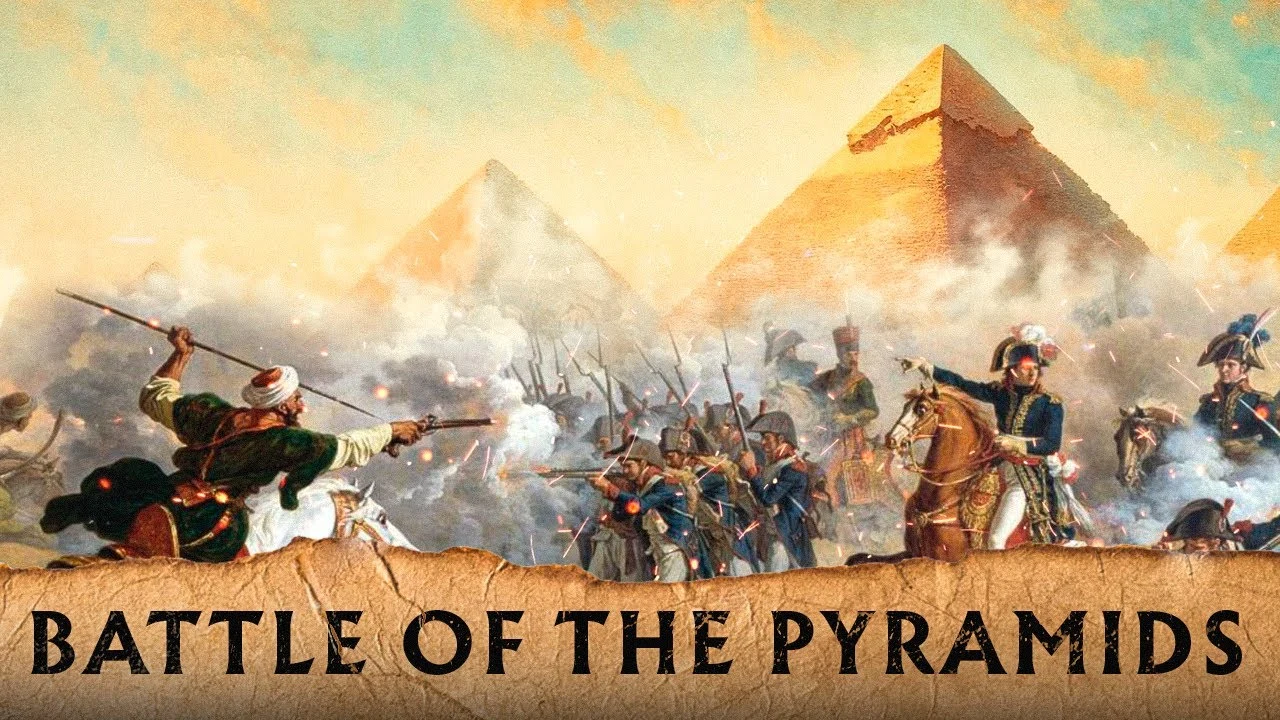
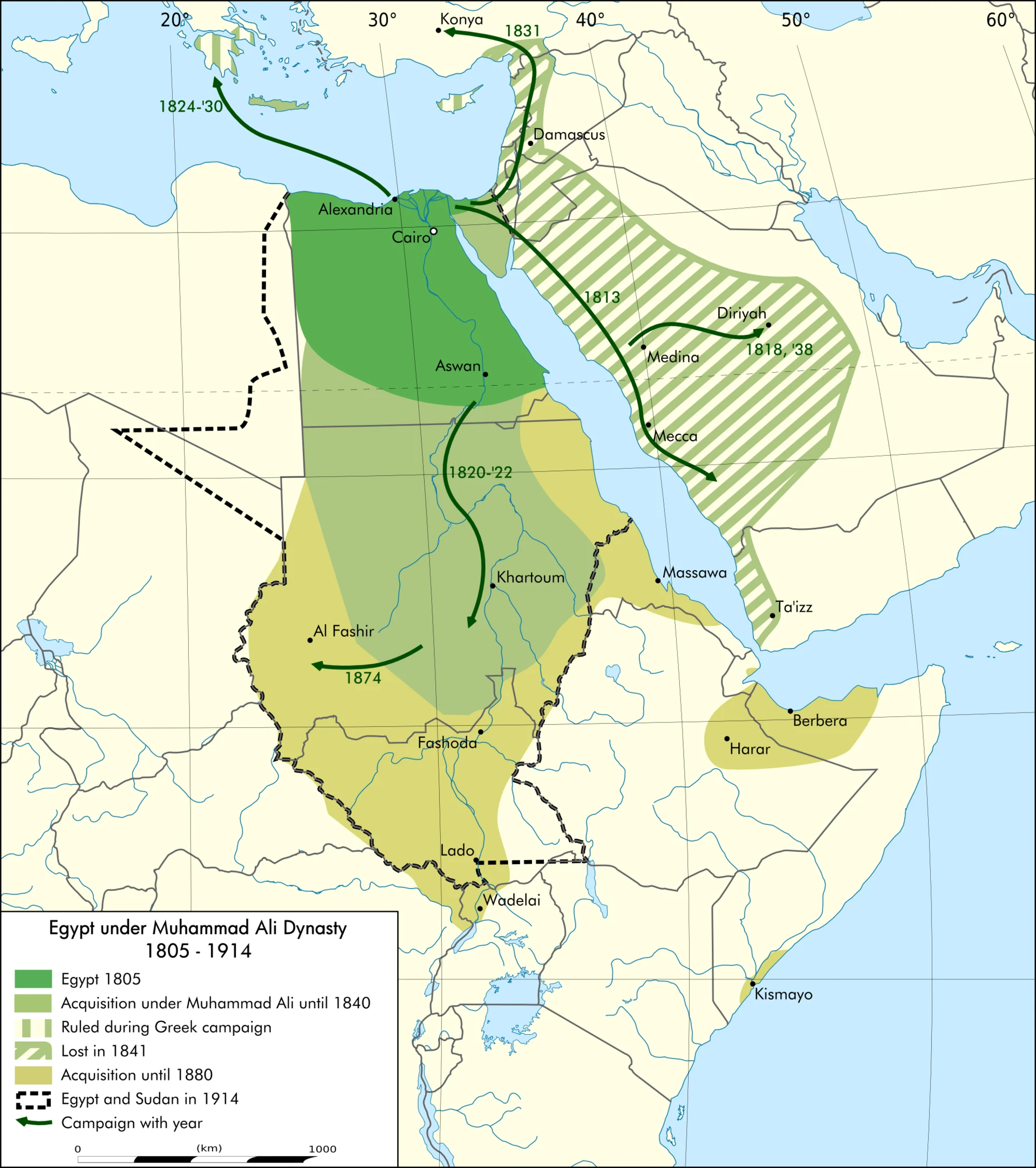
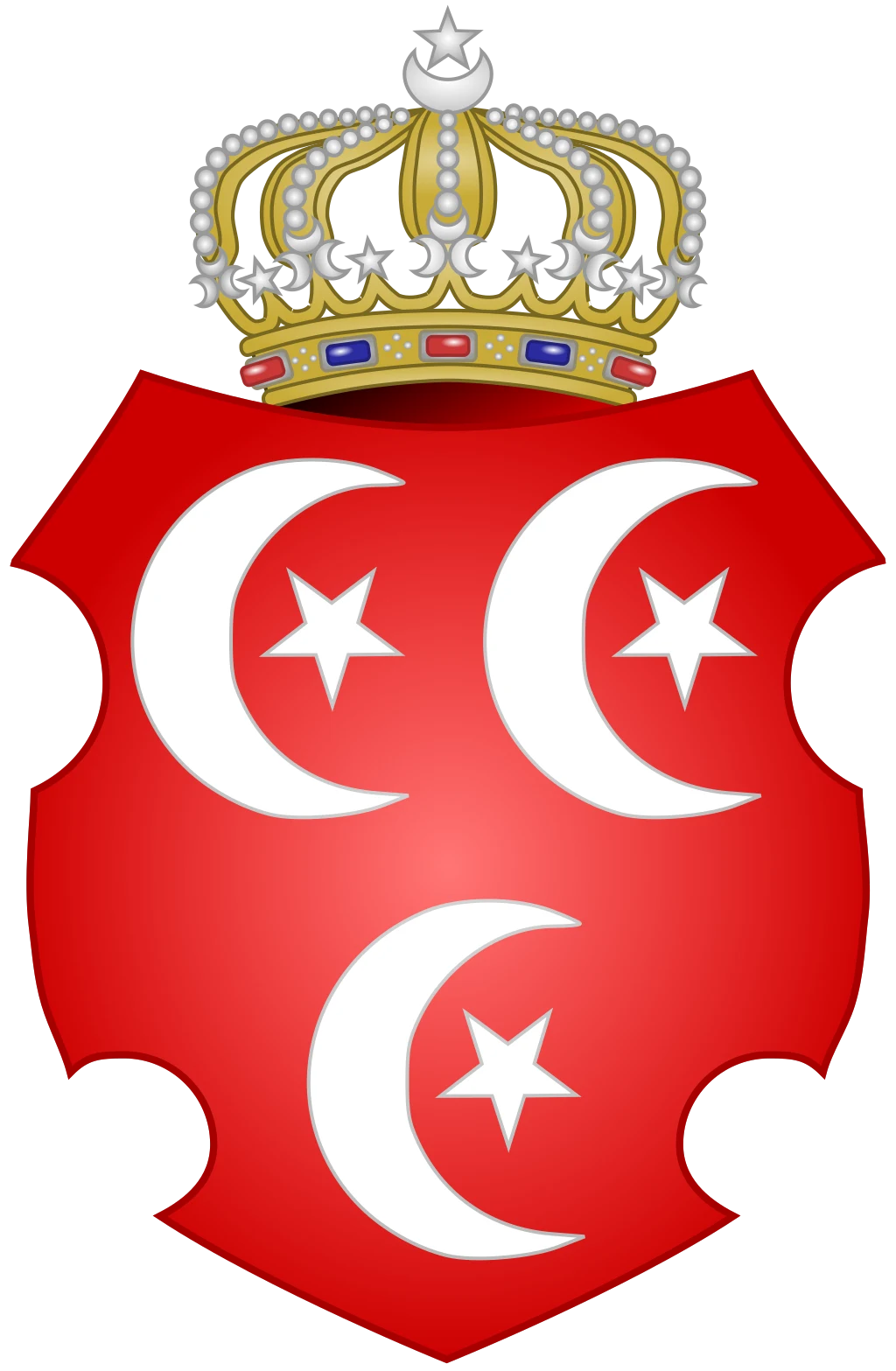
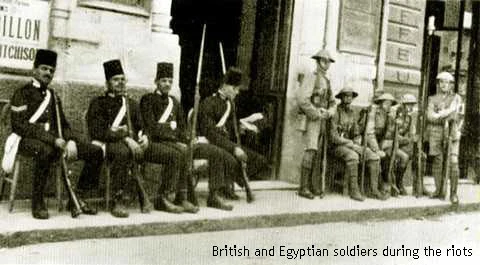
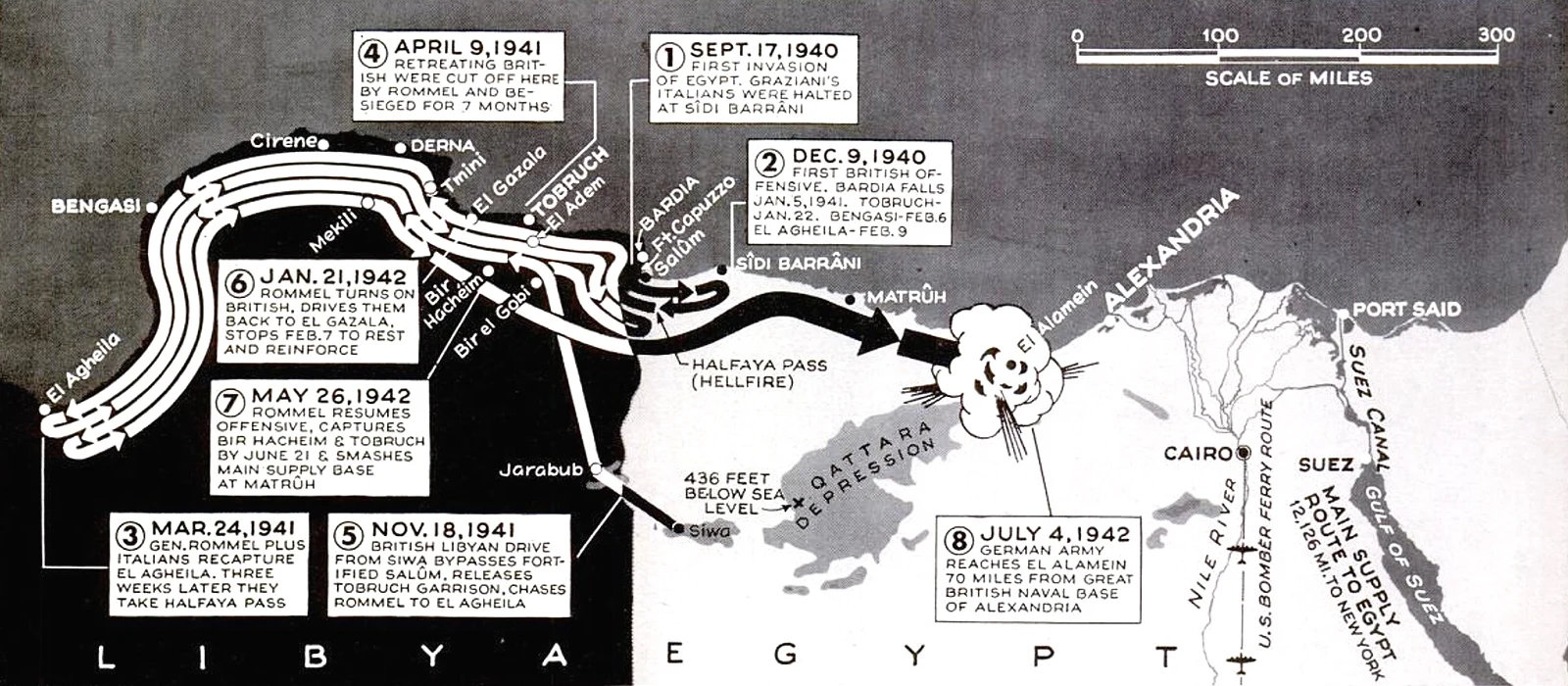
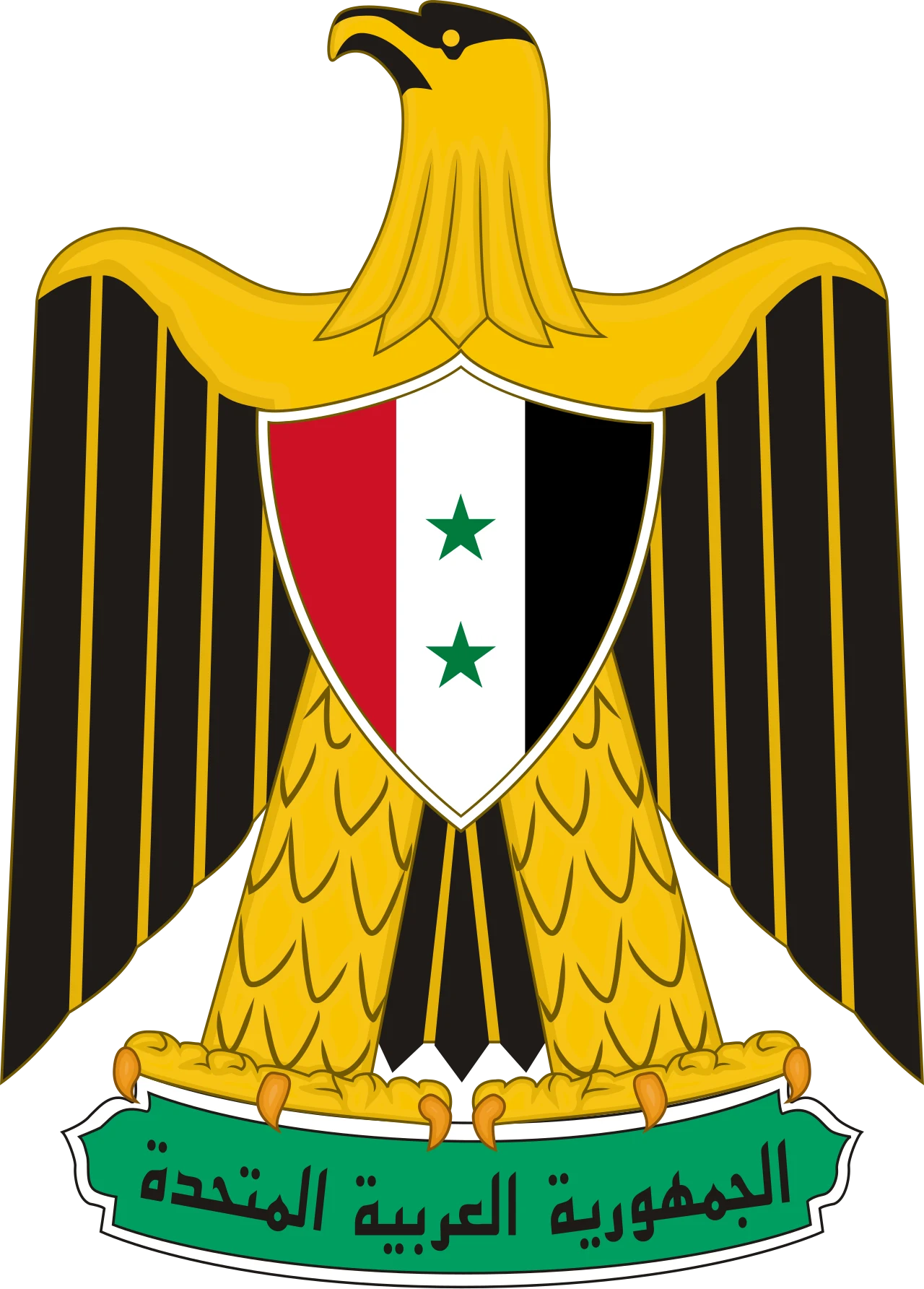








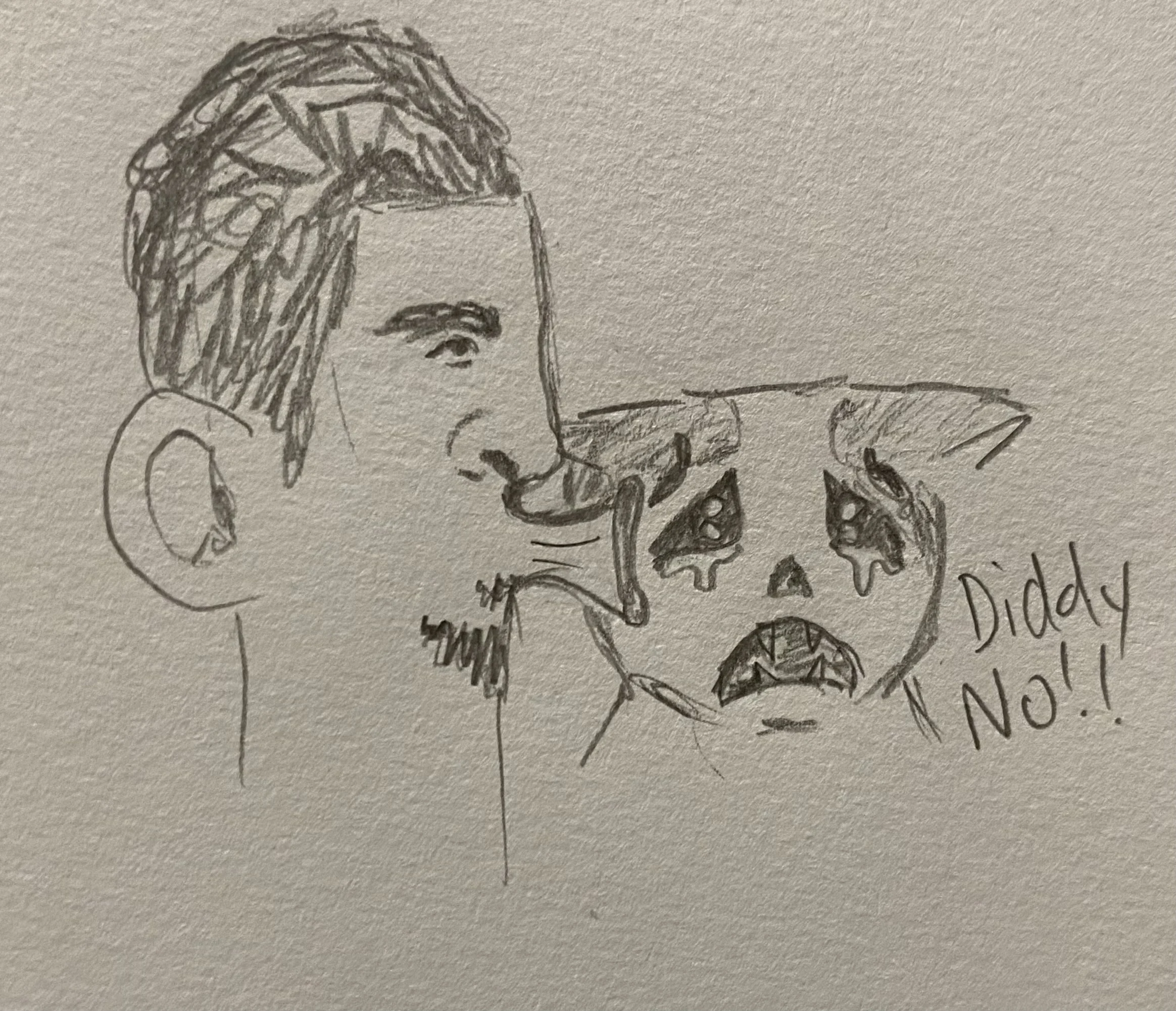
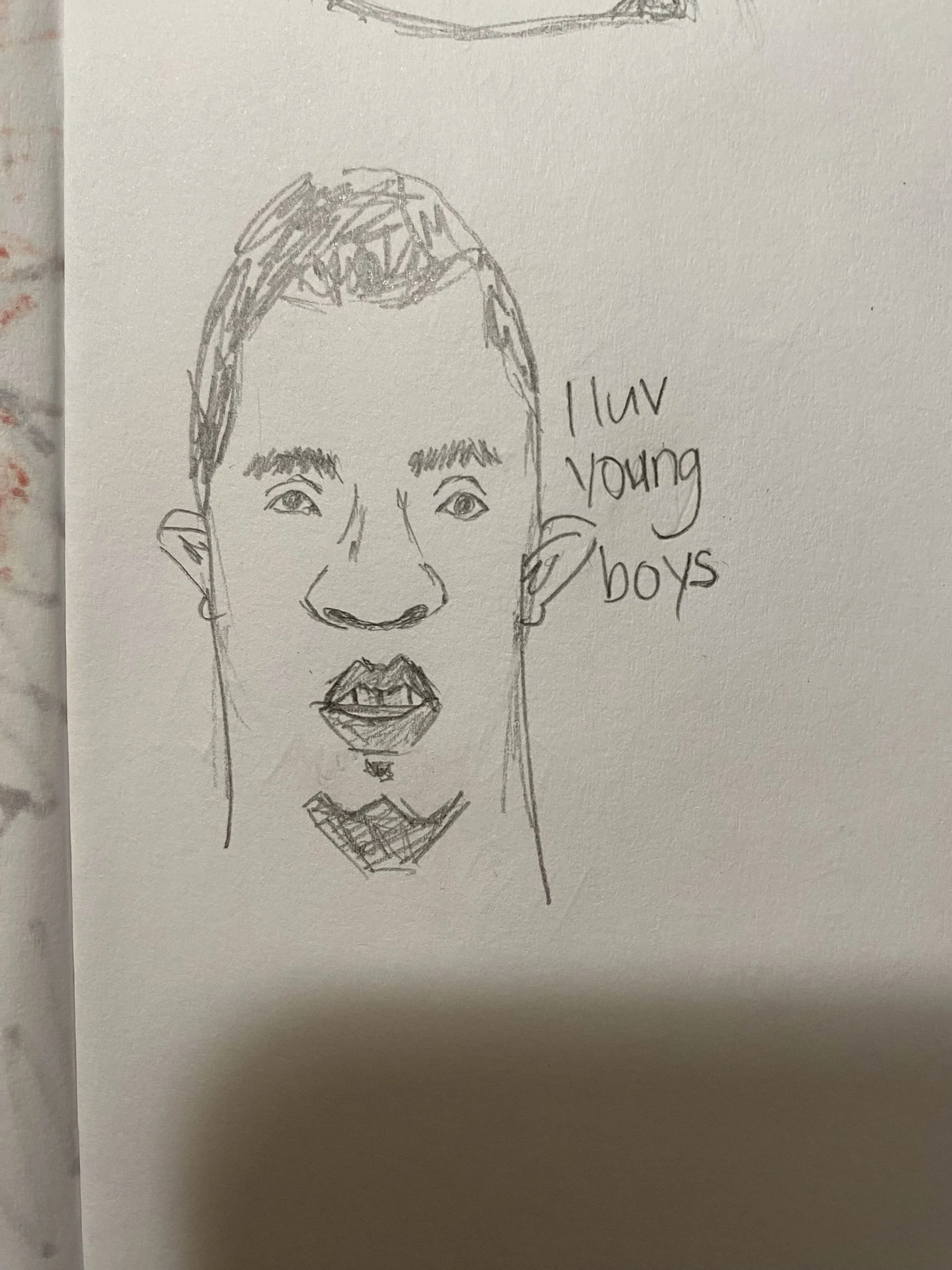









 lol
lol 







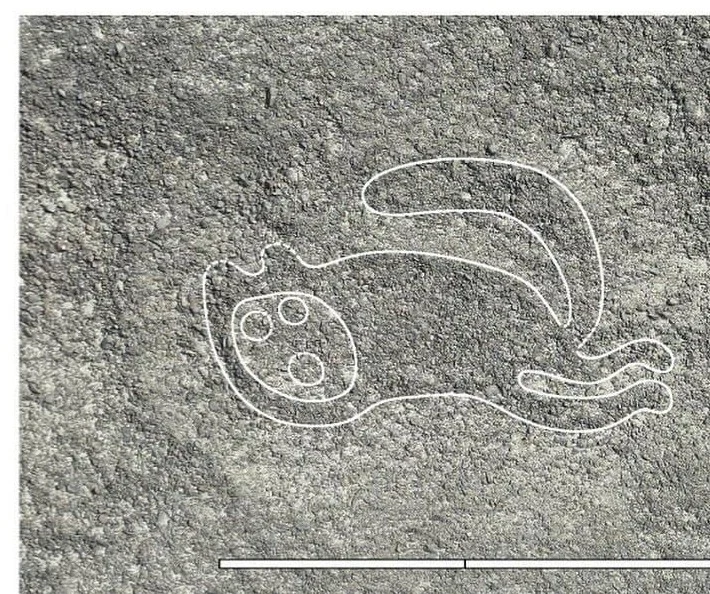







 DM betting ideas if you want
DM betting ideas if you want



 :marseyrelieved:
:marseyrelieved: 

 and
and  in Time For This Year's Presidential Election
in Time For This Year's Presidential Election









































 TWENTY-FIVE SNAKES POUR OUT YOUR EYES
TWENTY-FIVE SNAKES POUR OUT YOUR EYES 


















































